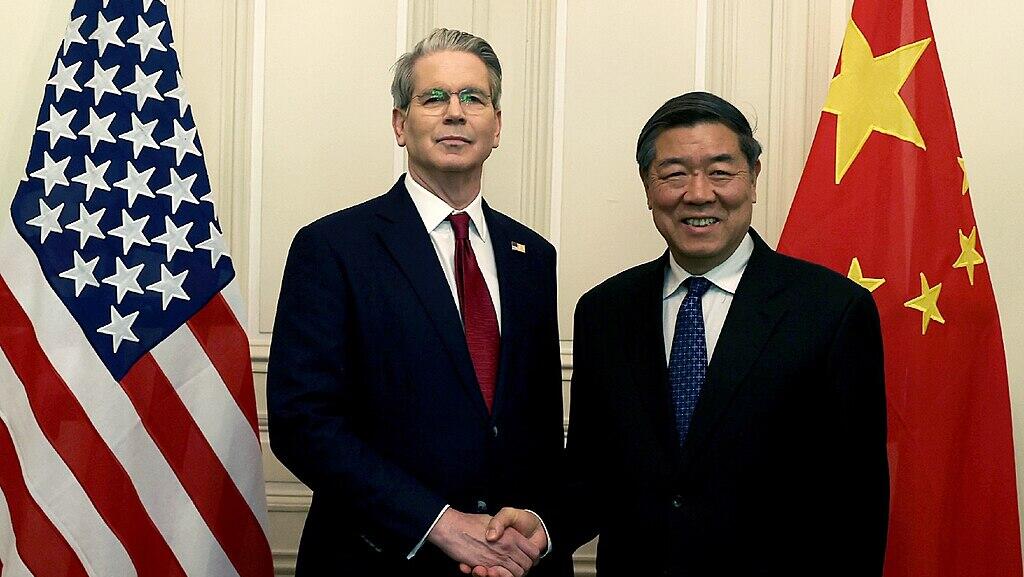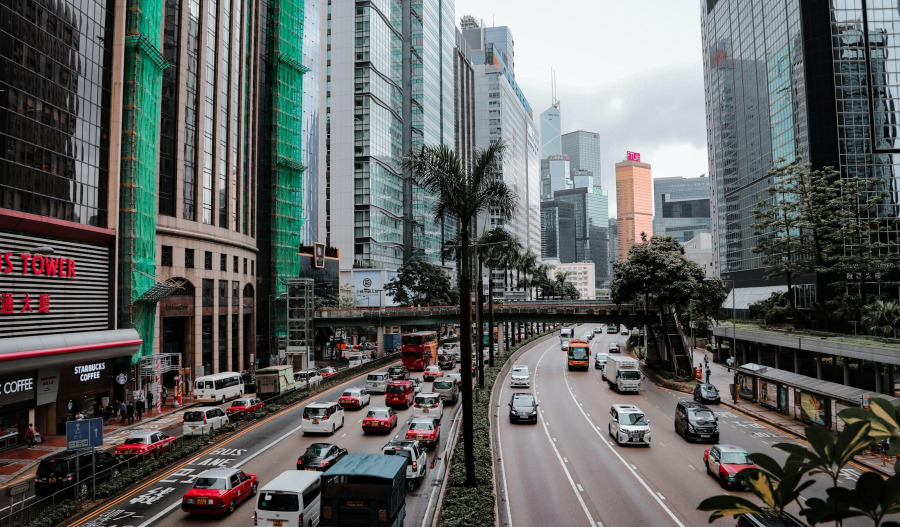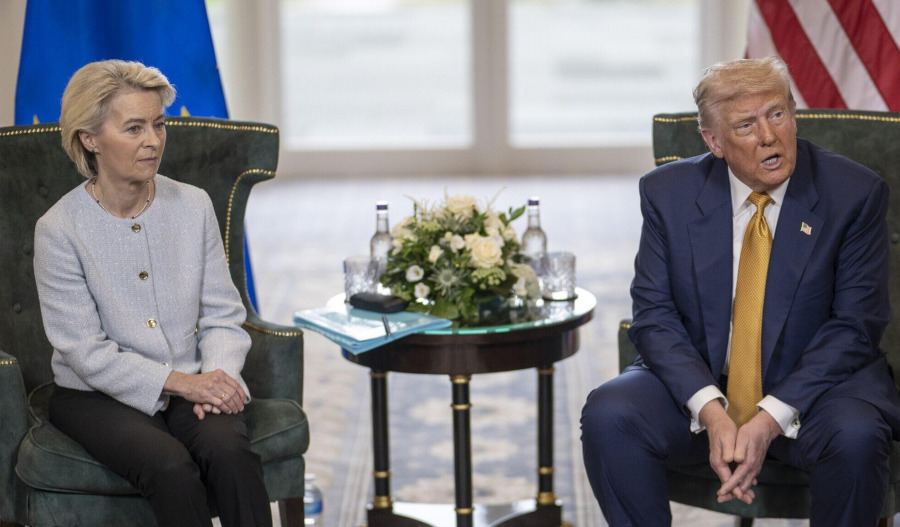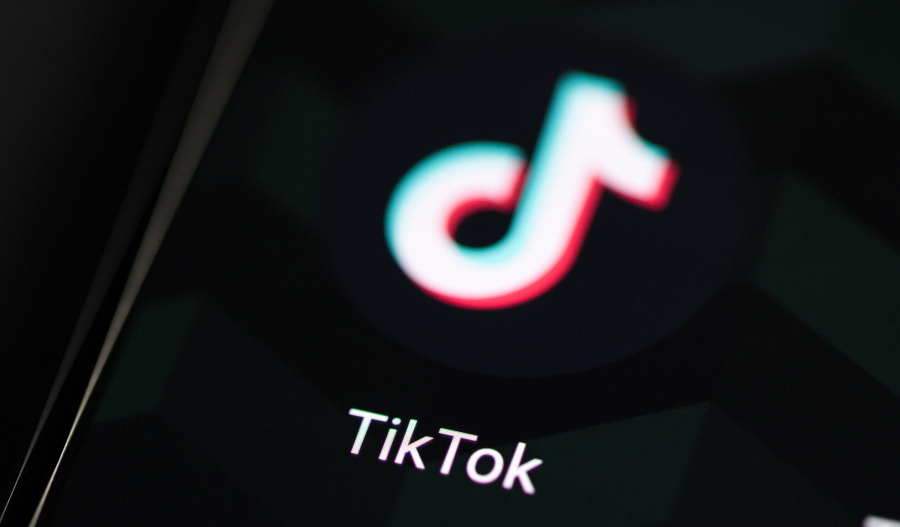United States and Chinese officials will hold a second day of talks on Monday as the U.S. TikTok deadline looms.
Current negotiations are being led by U.S. Secretary of State Scott Bessent and Chinese Vice Premier He Lifeng as they attempt to end the trade war between the economic powerhouses.
In July, top officials from Beijing and Washington struck a deal to extend their tariff truce by 90 days until 10 November.
Despite being in favour of TikTok being banned in his first term as president, Trump has since changed his mind and delayed the ban three times.
The current deal is set to expire on 17 September, meaning if TikTok isn’t sold from its Chinese owner, ByteDance, it could face being pulled from the American app store if Trump doesn’t once again extend the deadline.
Trump has suggested that he would continue to extend the deadline until a buyer for TikTok could be found after calling the security and privacy concerns the app and its Chinese parent company pose “highly overrated”.
The White House also launched its official TikTok account in August this year.
The current talks in Spain are supposed to lay the groundwork for a potential meeting between Trump and Chinese President Xi Jinping as soon as October, when they are scheduled to attend a summit in South Korea.
"I'm not expecting anything substantive between the U.S. and China unless and until there is a one-on-one meeting between Trump and (Chinese President Xi Jinping). Setting that up is really what these talks are all about," said William Reinsch, a senior fellow and trade expert at the Center for Strategic and International Studies, a Washington think tank.
According to the Treasury, the talks in Madrid would also cover joint U.S.-Chinese efforts to combat money laundering. This referenced the U.S.’s longstanding demands for China to clamp down on illicit shipments of technology goods to Russia.
This comes as the U.S. imposed a 50% tariff on Indian imported goods due to India continuing to buy Russian oil, something China also does. He also encouraged the European Union to do the same to India and China to incentivise Russia to end the war against Ukraine.



